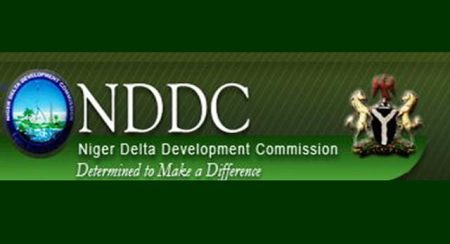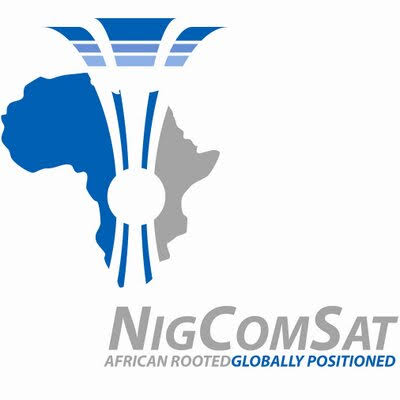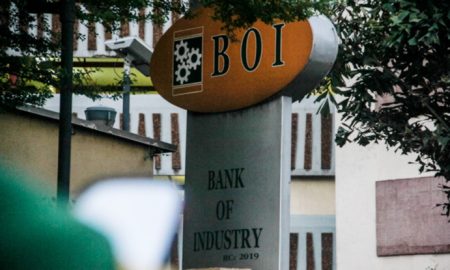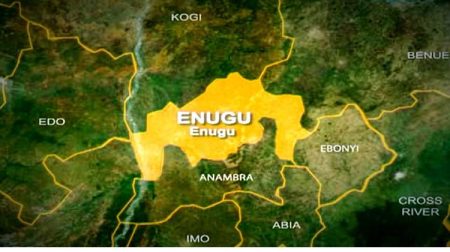The Dangote Petroleum Refinery’s ambitious plan to directly distribute fuel across Nigeria has sparked a heated debate, with the Petroleum Products Retail Outlets Owners Association of Nigeria (PETROAN) expressing serious concerns about potential job losses and the creation of a monopoly. PETROAN argues that Dangote, with its massive 650,000 barrels per day capacity, should focus on competing internationally rather than dominating the domestic downstream sector. They fear that Dangote’s direct distribution strategy, coupled with its introduction of CNG-powered tankers, will displace existing players in the fuel distribution chain, from truck owners and filling station operators to jetty managers and tank farm operators. PETROAN also raises concerns about potential price manipulation and anti-competitive practices, urging regulatory authorities to intervene and ensure a level playing field. The association’s call for price control mechanisms and alternative livelihoods for affected workers reflects their apprehension about the potential economic fallout of Dangote’s strategy.
The potential displacement of existing players in the fuel distribution network is a central concern for PETROAN. Years of reliance on imported fuel had led to significant investments in infrastructure like tank farms, jetties, and logistics systems. PETROAN warns that Dangote’s direct distribution model could render these investments obsolete, pushing thousands of independent operators out of business. The current volatile pricing environment, coupled with Dangote’s anticipated market entry, has already led to the closure of thousands of petrol retail outlets and tank farms. The association paints a bleak picture of an industry facing widespread job losses and economic hardship due to the disruption caused by Dangote’s entry into the distribution market.
Conversely, Dangote Refinery presents its direct distribution plan as a game-changer for Nigeria’s fuel landscape. They argue that bypassing traditional intermediaries will lower fuel prices, improve accessibility in both urban and rural areas, and boost local economies. The company emphasizes the benefits of eliminating logistics costs, enhancing energy efficiency, and promoting sustainability. Dangote also highlights its investment in CNG-powered tankers and booster stations as a move towards a cleaner and more efficient distribution system. The refinery’s promise of free logistics and credit facilities for bulk purchasers further underscores its commitment to creating a more efficient and accessible fuel market.
Independent analyses of the situation offer diverging viewpoints. Professor Wumi Iledare, a petroleum expert, views Dangote’s move as vertical integration rather than a monopoly, arguing that it could lead to improved efficiency and lower pump prices. He emphasizes the importance of a level playing field and fair competition, suggesting that Dangote’s scale isn’t the issue, but rather the regulatory environment. Other analysts, like Olatide Jeremiah, CEO of PetroleumPrice.ng, see it as a positive disruption that will eliminate manipulative pricing and benefit consumers. However, PETROAN remains wary, highlighting the potential for job losses and anti-competitive practices.
The Independent Petroleum Marketers Association of Nigeria (IPMAN) offers a contrasting perspective, welcoming Dangote’s initiative as a positive development that will enhance energy security and affordability. IPMAN believes that increased supply, facilitated by Dangote’s distribution network, will lead to lower prices and create more jobs, rather than leading to job losses as feared by PETROAN. This difference in opinion highlights the complex and multifaceted nature of the issue, with various stakeholders holding divergent views on the likely impact of Dangote’s entry into the distribution market.
Dangote’s detailed plan includes a phased rollout of the distribution program, extensive investment in CNG infrastructure, and a comprehensive registration process for participating stations. The company highlights the potential for the initiative to revitalize inactive petrol stations, stimulate SMEs, increase government revenue, and improve fuel access, particularly in underserved communities. They also emphasize their alignment with President Tinubu’s economic agenda, presenting their move as a step towards economic progress and inclusive development. The offer of credit facilities further incentivizes participation, potentially accelerating the adoption of their distribution model. Ultimately, the success of Dangote’s ambitious plan will depend on how effectively the regulatory environment ensures fair competition and addresses the concerns raised by stakeholders like PETROAN about potential negative impacts on existing market players.














